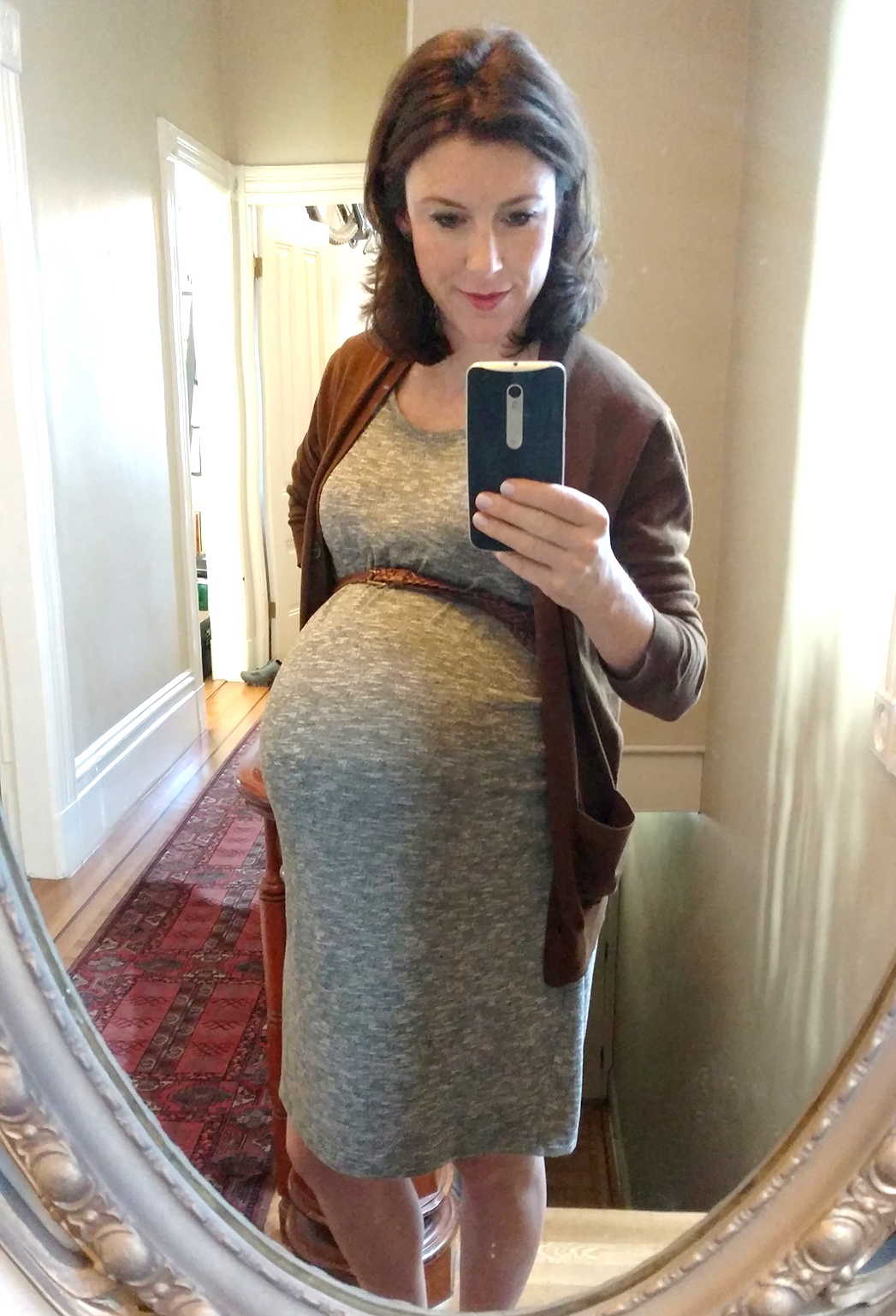Dreams have long been a source of intrigue and contemplation, often seen as windows into the subconscious mind. Among the myriad of dreams encountered, few are as profound and evocative as those involving a deceased father coming alive. Such dreams can evoke a spectrum of emotions, from nostalgia to confusion, raising vital questions about their significance and underlying meaning. This exploration of the dream meaning of a dead father coming alive engages with various interpretations, including syllogistic reasoning, symbolic implications, spiritual contexts across religions, and the psychological dimensions at play.
The dream of a deceased father returning to life may symbolize yearning. It frequently reflects a desire for guidance and support, particularly during tumultuous periods of one’s life. In the dreamer’s psyche, the father figure may represent authority, protection, and wisdom. The resuscitation in the dream could signify a longing for those very qualities or a quest for answers to questions left unaddressed before his passing. This emotional resonance often captivates those who experience such dreams, compelling them to dissect their implications.
From a syllogistic standpoint, one might draw conclusions based on premises surrounding paternal relationships and the aftermath of loss. For instance, if one considers that a father is a figure of strength and guidance, and if he is absent due to death, the reemergence of his image in dreams can be interpreted as a cognitive reconstruction. This form of reasoning elucidates the necessity of paternal archetypes in one’s life; thus, resurrecting the father in the dreamscape aligns with the fundamental desire for psychological support, guidance, and closure. Through this logical framework, the dream transcends mere fantasy, becoming a conduit for healing emotional rifts left in the wake of loss.
The symbolic connotations of having a dead father come alive in dreams are multifaceted and deeply layered. Symbolically, fathers often embody authority figures, moral compasses, and custodians of tradition. In dreams, their resurrection may serve as a potent metaphor for the dreamer’s reconnection with valued principles and practices instilled during childhood. This reawakening can also signify the internalization of their wisdom, suggesting a need to incorporate their teachings into the current life context. Furthermore, the dream may evoke latent memories or unresolved conflicts, prompting the dreamer to confront emotions surrounding their father’s death and their own maturation process.
Exploring the spiritual interpretations within various religious frameworks can provide additional layers of understanding. In Christianity, the revival of a deceased father in dreams may be perceived as an ethereal visitation. Such dreams are often deemed messages from beyond, signifying that the father is at peace or desires to convey guidance from the other side. These interpretations can offer solace and reassurance to believers, suggesting that the familial bond transcends mortality. Furthermore, it may encourage the dreamer to pursue personal spiritual growth, drawing inspiration from the morals their father embodied during his life.
In Islamic contexts, the imagery of a deceased father coming alive can symbolize an opportunity for reflection and spiritual awareness. Dreams hold significant importance in Islam, often viewed as potential revelations or indicators of one’s spiritual state. The presence of a revered father figure in a dream may call the dreamer to seek forgiveness for past grievances, fulfill familial obligations, or renew their commitment to their faith. This dream could signify the father’s ongoing influence in guiding the dreamer toward righteous paths, urging an adherence to the values he championed.
From a psychological perspective, dreams of this nature may mirror the complexities of grief and loss. The mind can manifest unresolved emotions, and dreams act as facilitators for processing such feelings. The return of a deceased father in dreams could indicate that the dreamer has reached a stage of acceptance yet still seeks affirmation or closure regarding their relationship. Psychodynamic theories suggest that such dreams might emerge during periods of decision-making or significant life transitions when the dreamer craves paternal advice and approval. In this light, the dream becomes a meeting ground for memory, longing, and emotional reconciliation.
Moreover, understanding the concept of projection can enhance our comprehension of these dreams. The characteristics ascribed to the father may reflect the dreamer’s own insecurities or aspirations. By resurrecting the father figure, the dreamer may be voicing implicit desires for empowerment and guidance as they navigate life’s challenges. This nuanced investigation unveils the multilayered role dreams play in the human experience, manifesting as narratives shaped by personal history, unresolved emotions, and forward-thinking aspirations.
In conclusion, the dream meaning of a dead father coming alive encompasses a rich tapestry of interpretations that extends across emotional, spiritual, and psychological dimensions. Each dream instance can usher forth myriad feelings, from solace to inquisitiveness, and hold a mirror to the dreamer’s state of mind. Navigating this intricate landscape enables individuals to unearth insights that illuminate their relationship with loss, memory, and personal growth. Ultimately, these dreams serve as poignant reminders of the enduring bonds we share with those who leave this world, urging us to honor their memory while forging our paths in life.













